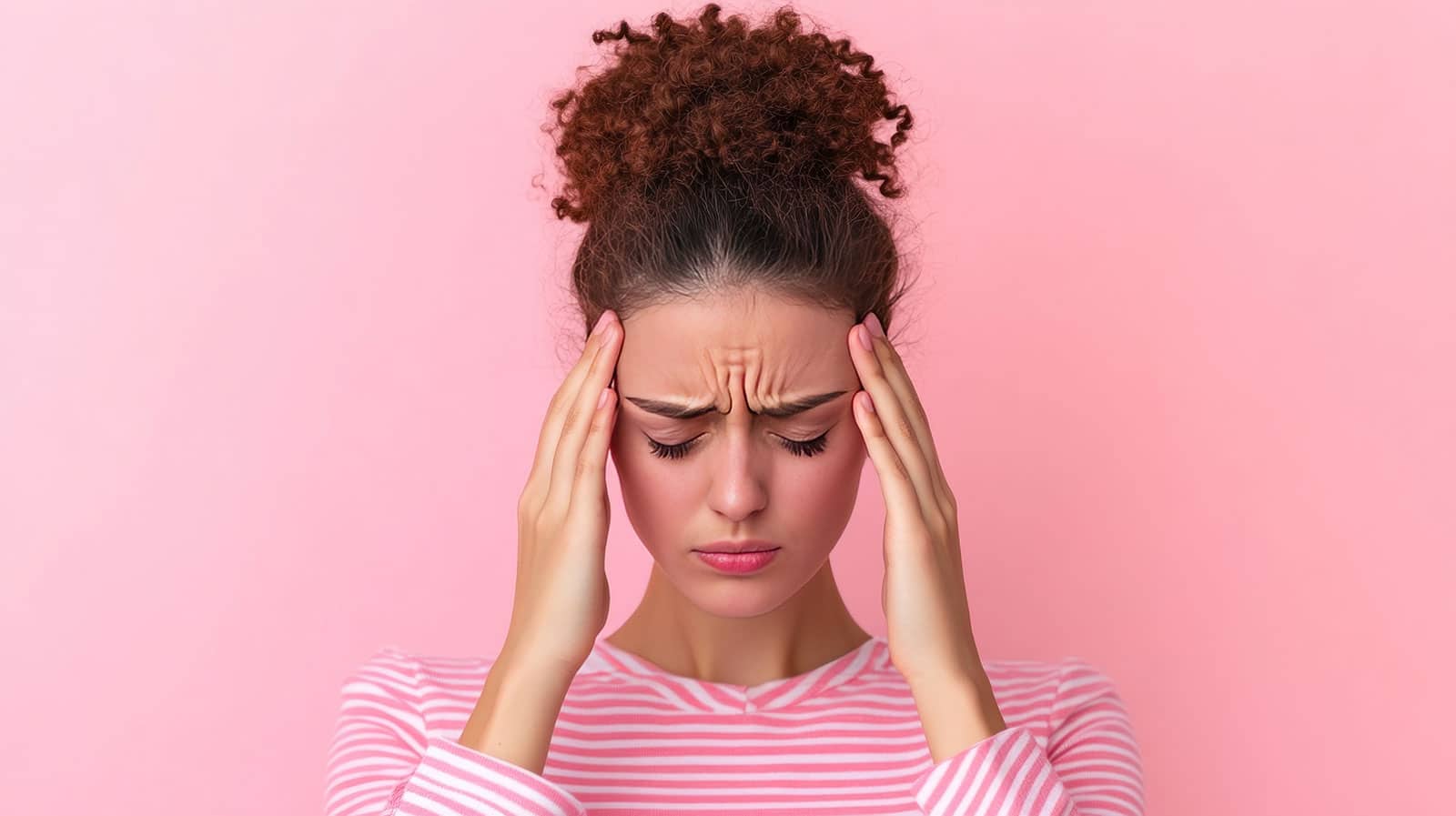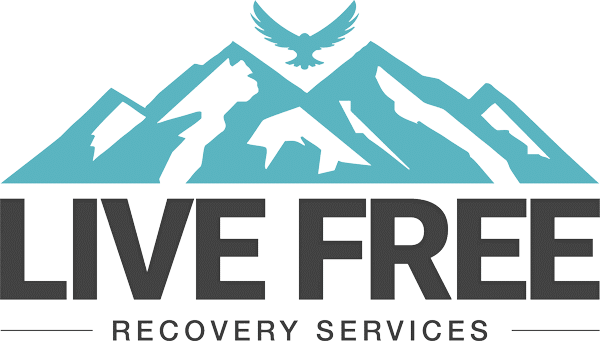
How to Cope and Manage Stress Without Alcohol
Home » Blog » How to Cope and Manage Stress Without Alcohol
Reaching for a glass of wine after a stressful day is a common coping method, often glamorized in movies, television, and cultural practices. However, relying on alcohol to manage stress is not only ineffective but can contribute to alcohol abuse, increase cortisol levels, and lead to serious health problems over time. Learning healthier alternatives, such as deep breathing exercises, can help reduce stress naturally, alter brain chemistry, and break toxic cycles. Embracing these methods not only supports your wellness but also makes lasting change more accessible than many realize.
Table of Contents
Understanding Alcohol as a Coping Mechanism
Alcohol has a physical effect that leads to psychological dependence. Alcohol changes brain chemistry. It triggers chemicals, like endorphins, that promote a sense of well-being and relaxation. That makes drinking alcohol seem like a quick, easy fix after a long day, and the reward centers of your brain light up when you indulge. However, regularly drinking to cope with stress or depression eventually flips the script.
As your alcohol further alters your brain, pleasure centers don’t react as easily or as quickly as they used to, and you become increasingly stressed, sad, and desperate for relief. That leads you to alcohol more often, which intensifies the issue, and the cycle continues.
Like essentially all mental health issues, physical and psychological causes and symptoms are linked.
How to Cope Without Alcohol
Developing alternative coping tactics involves physical and psychological work. Alcohol has tangible, physical effects on the body, and lasting alternatives should provide similar effects. Just as doctors often prescribe more than one treatment to address a complex diagnosis, utilizing more than one coping mechanism can help you overcome different kinds of stress. Your mental, emotional, and physical well-being all need care and support.
Exercise
Alcohol and exercise have something in common: they both release endorphins. These vital hormones help regulate stress by dulling pain and prompting the release of dopamine, an uplifting chemical. Exercise is a particularly useful coping mechanism because of its flexibility. As a regular habit, it can decrease overall stress with time. It also offers quick stress relief to combat cravings.
Mindfulness
Mindfulness encompasses a collection of practices that help individuals break free from the monotony of autopilot living. Incorporating deep breathing techniques into your routine can ground you in the present moment, allowing you to reconnect with your body and quiet your mind. These techniques are so effective that they can even help some people manage panic attacks. In addition, practices such as meditation and maintaining a gratitude journal can reshape thought patterns and foster a more positive mindset, essentially rewiring the brain for clarity and resilience.
Creative Pursuits
Grow and reshape your brain with creative endeavors. While alcohol consumption reduces brain elasticity, creativity encourages it. If painting, pottery, and crochet aren’t appealing, take the first step towards creative thinking and look farther afield. Photography, journaling, and cosplaying are all creative pursuits, and any kind of creativity benefits you. Make collages, write scary stories on Reddit, or build a treehouse.
Friends and Fun
Isolation is easy, but it’s also unhealthy. Loneliness leads to stress, and while it can be a challenge, making an effort to develop more meaningful connections and spend time having fun with others is essential. Calling a friend to spend time when you’re stressed is a fantastic coping mechanism with the added bonus of external accountability.
Therapy and Counseling
Therapy and counseling provide valuable support for managing stressful situations and overcoming negative thoughts. Professionals offer guidance to help you develop effective coping strategies and integrate them into your daily life, making these new habits more likely to stick. They can also assist in addressing underlying traumas or comorbid conditions like anxiety and depression, targeting stressors at their roots. This holistic approach not only helps reduce stress levels but also promotes better stress management by regulating stress hormones and fostering emotional resilience.

Overcoming Emotional Challenges Without Alcohol
Emotions are challenging even without the burden of addiction. Relearning how to manage and release pain, fear, and stress takes practice. Your chosen coping habits should target short-term cravings and impulses, but healthy techniques will set the foundation for long-term emotional resilience.
Identifying triggers, understanding how they trigger you, and addressing those triggers takes time. Have patience with yourself, and focus on what you can do when you aren’t in danger of relapsing to protect yourself. Recovery isn’t about finding a single, magic solution. It relies on growing into your true self.
Tips for Navigating Social Events
Socializing as you adjust to new habits can be daunting. It’s not always possible to avoid events that serve alcohol, and sometimes people compound your stress. It’s a potentially dangerous mix, but there are some techniques and alternatives that may help.
Saying “No,” Setting Boundaries, and Managing Triggers
Know when to turn down an invitation.
Boundaries are essential to lasting recovery. Some boundaries are for you, and some are for others. Think of them like fences and walls. Some keep you from getting too close to a cliff, and some keep the rain out of your house. Both are important.
Understand your limits and set your boundaries accordingly. For instance, if you’re comfortable being around other people who drink, but struggle when someone is disappointed you won’t join in, a first “no” is a good boundary. Should someone pressure you after you politely refuse a drink, guilt-trip you, or mock you, they’ve violated a boundary.
Personal boundaries can also guide your schedule and behavior. Does alcohol become a temptation later in the evening? Then make sure you leave events with alcohol by a set time, and make that boundary clear with the host.
Common boundaries could include:
- Discussing alcohol in a public space
- Leaving alcohol unattended in your presence
- Asking personal details about rehab and recovery
- Bringing up personal conflicts in public
- Mocking or teasing you about alcohol, rehab, and recovery
Attending Events Without Alcohol
When possible, find events without alcohol. These may be clubs that meet in coffee shops, meet-ups at small diners, parties at public parks, or simply a gathering at a sober friend’s home. The world is so much bigger and more creative than alcohol-oriented traditions suggest.
Attending Events Serving Alcohol
If a professional event is serving drinks, ask in advance if alcohol will be on the menu. Sometimes, especially if your boss is part of your support network, they may be willing to adjust plans to protect your progress. The same is true for family gatherings, class reunions, birthdays, and more. It never hurts to ask, and the answer may tell you whether the event’s organizer will respect your boundaries in a healthy way. Even if they can’t remove alcohol, it’s reasonable to ask for non-alcoholic options and a plus one to permit a sober friend or companion.
Developing Your Community
Find people who want to live the same lifestyle you’re developing. If you’ve found physical activity to be helpful, a cycling or hiking buddy may be a great support. Joining art clubs or classes could have similar benefits.
Discuss your limits and goals with people you trust, and see who is comfortable adapting their behaviors. Look for people who are happy to be sober in your company and invite them along to events. It’s easier to resist when you aren’t alone. Developing these kinds of circles can also lead to more alcohol-free events. Networks bring like minds together.
How Live Free Recovery Services Can Help
Live Free Recovery Services emphasizes living, growing, and rediscovering yourself through recovery. Care shouldn’t end after rehab. We understand that recovery is a life-long journey and offer support and services for nearly any stage. This includes helping you discover practical and effective lifestyle adjustments while developing a network of friends, family, and peers to support you emotionally for the long term.
Services and programs that may benefit you as you progress through recovery include:
- Cognitive Behavioral Therapy (CBT)
- Dialectical Behavioral Therapy (DBT)
- Family Therapy
- Group Therapy
- Couples Therapy
- Motivational Interviewing
- Holistic Therapy
- Alumni Programs
- Sober Living Programs and Halfway Houses
- Relapse Prevention Programs
Conclusion
Sobriety can be hard work, especially when you’re stressed, rundown, or hurt. These challenges aren’t insurmountable, though, and help is available. Whether you or a loved one need support, Live Free Recovery Services offers comprehensive addiction treatment options to guide you on the path to recovery. From detox to outpatient programs and virtual telehealth therapy, we’re here to provide the care you need. If you’re ready to make and defend progress, or if you’re a family member seeking help for someone you care about, reach out today. Take the first step towards a better tomorrow.
Published on: 2024-12-21
Updated on: 2024-12-21
Category: Alcohol
